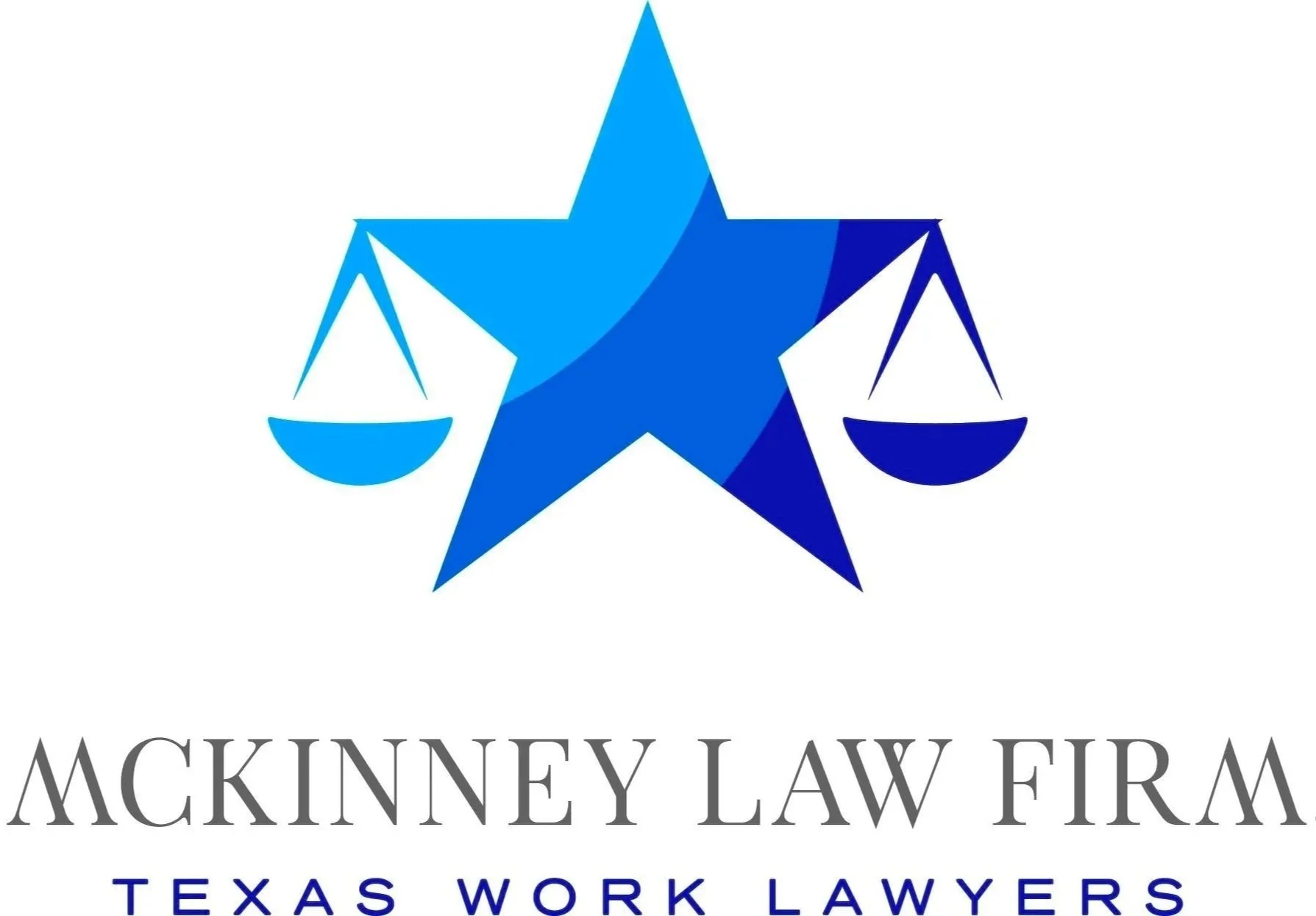Yes, Posting About Your Settlement On Facebook Probably Violates Your Confidentiality Agreement
/Here’s a story that emphasizes the importance of complying with confidentiality language found in your settlement agreement. A Florida teenager's ill-advised Facebook post has cost her father the $150,000 he had won in a legal settlement. In this case a daughter bragged on her Facebook page a few days after her father reached a settlement in his age discrimination suit against his former employer. She posted "Mama and Papa Snay won the case against Gulliver," Snay wrote to her 1,200 Facebook friends. "Gulliver is now officially paying for my vacation to Europe this summer. SUCK IT."
"Gulliver" refers to Gulliver Preparatory School, a Miami-area academy where her father was headmaster until officials decided in 2010 not to renew his contract. Snay, now 69, claimed Gulliver was discriminating against him. The parties settled in November 2011. The school agreed to pay Snay $150,000.00 to settle the case. As is the case in many settlement agreements, this one included a confidentiality agreement that required Snay to keep the deal's terms private and not tell anyone of its existence. Snay, however, told his daughter immediately, saying he had settled and was pleased. He said in a later deposition that he felt he needed to tell her because she knew the case was in mediation and she had suffered "psychological scars" from her student days at the school.
His daughter, in turn, took to Facebook. The post was seen by current Gulliver students and alumni. The school's lawyers heard about it. Four days after the settlement was reached they told the father the deal was off. Snay attempted to enforce the settlement in court but the court refused, stating "Snay violated the agreement by doing exactly what he had promised not to do," the judge wrote. "His daughter then did precisely what the confidentiality agreement was designed to prevent."
Confidentiality agreements are an important part of most settlement agreements. You don't have to agree to one but if you do, you better abide by it. Make sure you visit with your lawyer to understand exactly what your settlement agreement says so you know what you can and, perhaps more importantly, what you can't say about your settlement.









